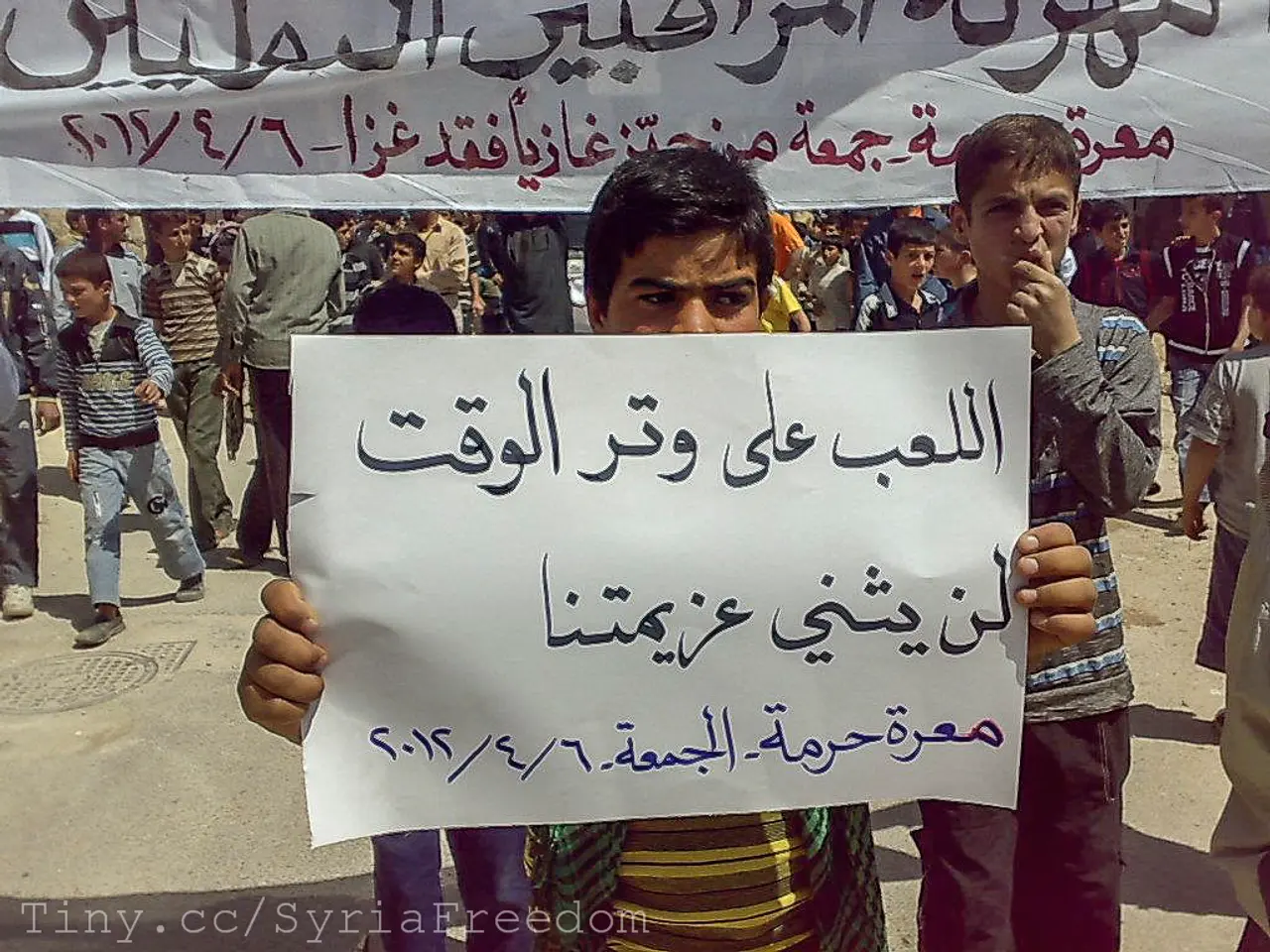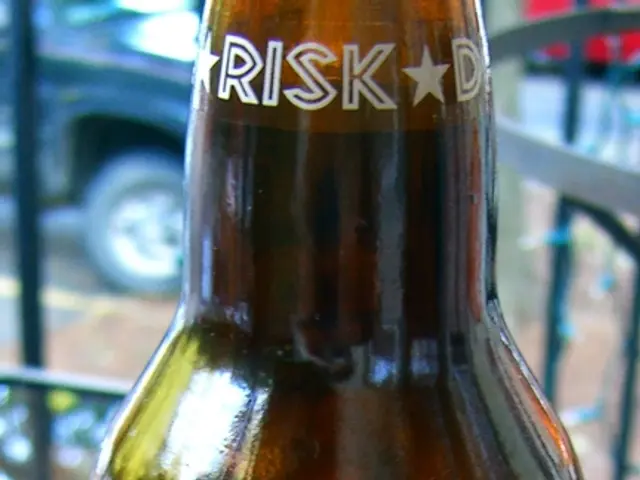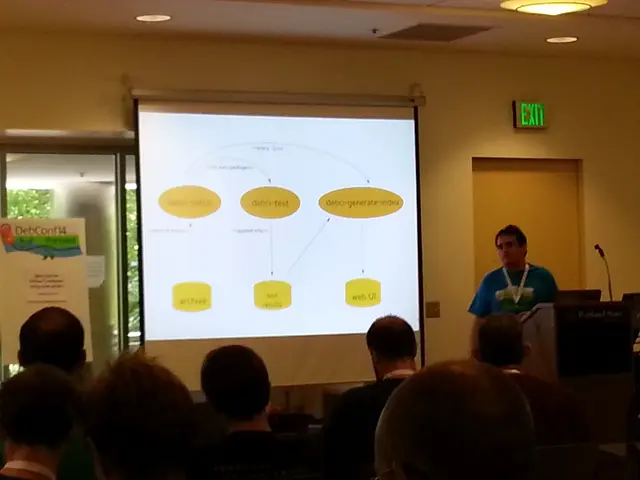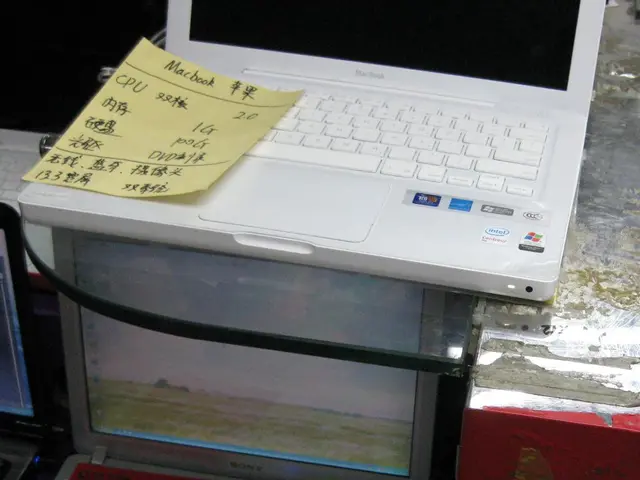TikTok Staff Members Take a Stand Against Impending Layoffs - Employees of TikTok stage protests against planned workforce reductions
In Berlin, Germany, on July 23, 2025, approximately 150 TikTok employees, represented by the labour union Verdi, went on strike in protest against large-scale job cuts and the replacement of human content moderators with artificial intelligence (AI).
The striking workers are primarily from TikTok's 'Trust and Safety' department, which ensures content posted on the platform complies with guidelines and applicable laws in the German-speaking region. Additionally, parts of the Live department, responsible for managing contact with content creators, are also affected.
The employees' demands include severance payments equating to three years' salary and a 12-month extension of the notice period for affected employees. These demands stem from TikTok's strong profits and the significant devaluation of moderator skills caused by the layoffs. The union also expressed concerns that losing their jobs could threaten some employees' residency status in Germany.
The workers have been training the AI systems now set to replace them, and their protest slogan is "We trained your machines – pay us what we deserve!" Verdi has also criticised TikTok for refusing to negotiate with the union and for shirking social responsibility, prompting this first-of-its-kind strike against a social media platform in Germany.
The protest included a boat tour on Berlin’s Spree River for visibility, followed by a rally. Verdi also warned about the risks of outsourcing content moderation to third-party providers, including lower wages, weaker health protections, and insufficient human oversight of AI, which could allow harmful or inappropriate content to slip through. TikTok management has rejected proposals to preserve jobs tasked with monitoring politically and socially sensitive content.
TikTok is owned by the Chinese company Bytedance, and the union fears that the loss of around 150 jobs in Berlin could be the beginning of a wider trend. The strike is a clear message to TikTok and other tech companies that workers demand fair treatment and a say in decisions that affect their livelihoods and futures.
In the midst of the discontent, the union Verdi proposes a reevaluation of TikTok's community policy, advocating for fair compensation through vocational training programs that cater to the emerging technological landscape in business and finance. The trained workforce, now replaced by AI, could benefit from such programs to transition into new industries, ensuring both employee welfare and Germany's competitive edge in technology-driven sectors.




